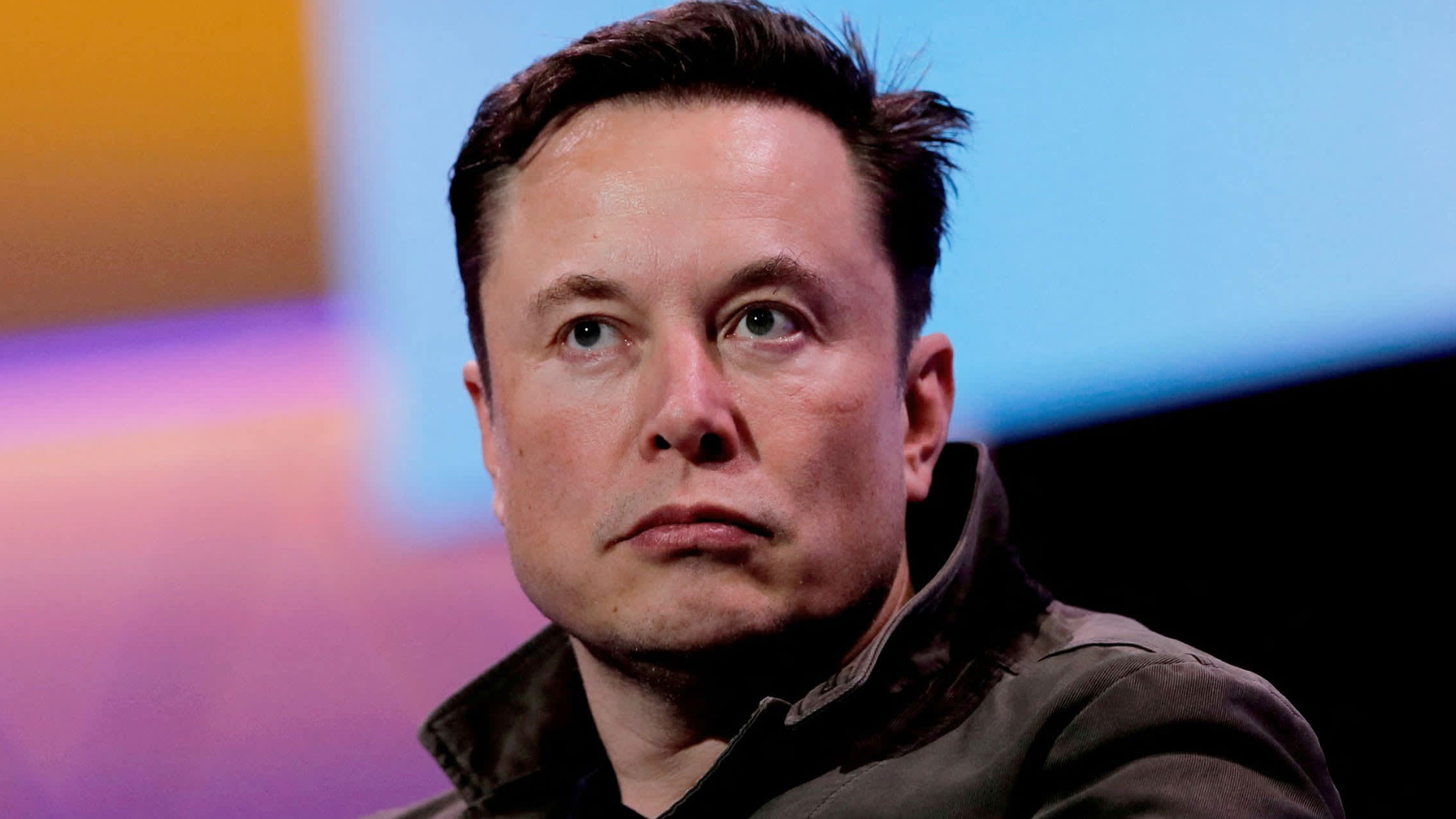Military experts warn that the threat of World War 3 is beginning to take shape as the conflict in Ukraine continues to escalate. According to analysts, a larger global conflict may already be unfolding, albeit in subtler ways compared to the traditional large-scale battles of the previous world wars.
Ukraine and Russian war
National security expers and former U.S. intelligence officers have provided insight into the ongoing conflict between Ukraine and Russian President Vladimir Putin. They assert, “This third global conflagration doesn’t look or feel like what Hollywood envisioned. No mushroom clouds or apocalyptic wastelands. Rather, it is war by a thousand cuts, conducted across multi-regional and multi-domain battlefields.”
Ukraine remains at the forefront of kinetic warfare, enduring relentless Russian missile strikes and advances that have brought the region to the brink. Recently, Putin unveiled a hypersonic ballistic missile and revised Russia’s nuclear doctrine, which experts say marks a “dangerous escalation.”
Middle East tensions, China’s actions precussor to World War 3
Simultaneously, tensions in the Middle East are escalating due to the ongoing conflict between Israel and Hamas, while in the Indo-Pacific, China’s assertive actions toward Taiwan and the Philippines further heighten regional instability.
In line with these developments, Putin has approved record military spending for 2025 to bolster Russia’s efforts in Ukraine. The newly unveiled budget allocates 32.5%—equivalent to 13.5 trillion rubles (over $145 billion)—toward national defense, a significant increase from 28.3% this year. The State Duma and Federation Council, Russia’s parliamentary houses, have already approved these plans.
Great power competition and World war 3 worries
Chief Air Marshal Sir Richard Knighton, head of the U.K.’s Royal Air Force, has expressed concerns about the erosion of the West’s strategic advantage. He noted that major powers like Russia and China are strengthening ties with nations such as North Korea and Iran. During a Q&A at the Freeman Air and Space Institute, Knighton stated, “We are witnessing a return to great power competition. With the rapid advancement of technology and the economic, technical, and warfighting capabilities of other major powers, we no longer have total air supremacy.”
While signs of potential conflict grow, some experts urge caution and emphasize the importance of deterrence. Europe analysts suggest that Russia’s nuclear posturing is more about intimidation than imminent escalation. “The revised nuclear use threshold and the Oreshnik missile are most likely intended to send a message to the West, but a nuclear escalation remains highly unlikely.”.
Also Read: UK’s Starmer Acknowledges Peace Talks Could Resolve Ukraine War



















